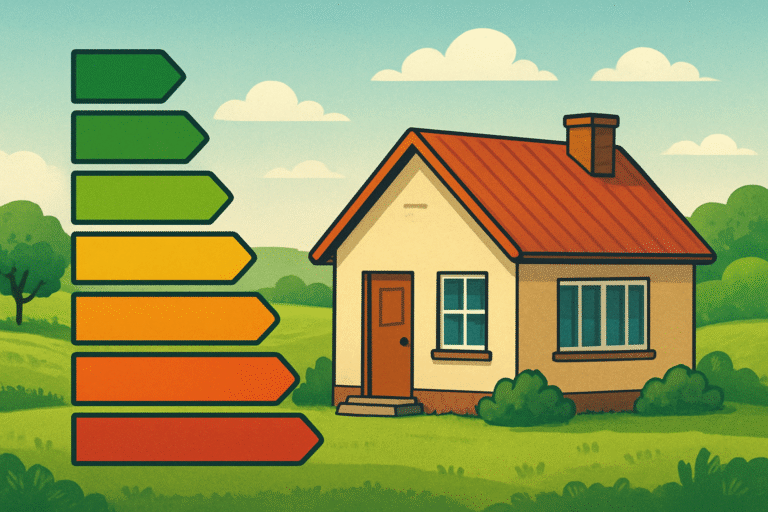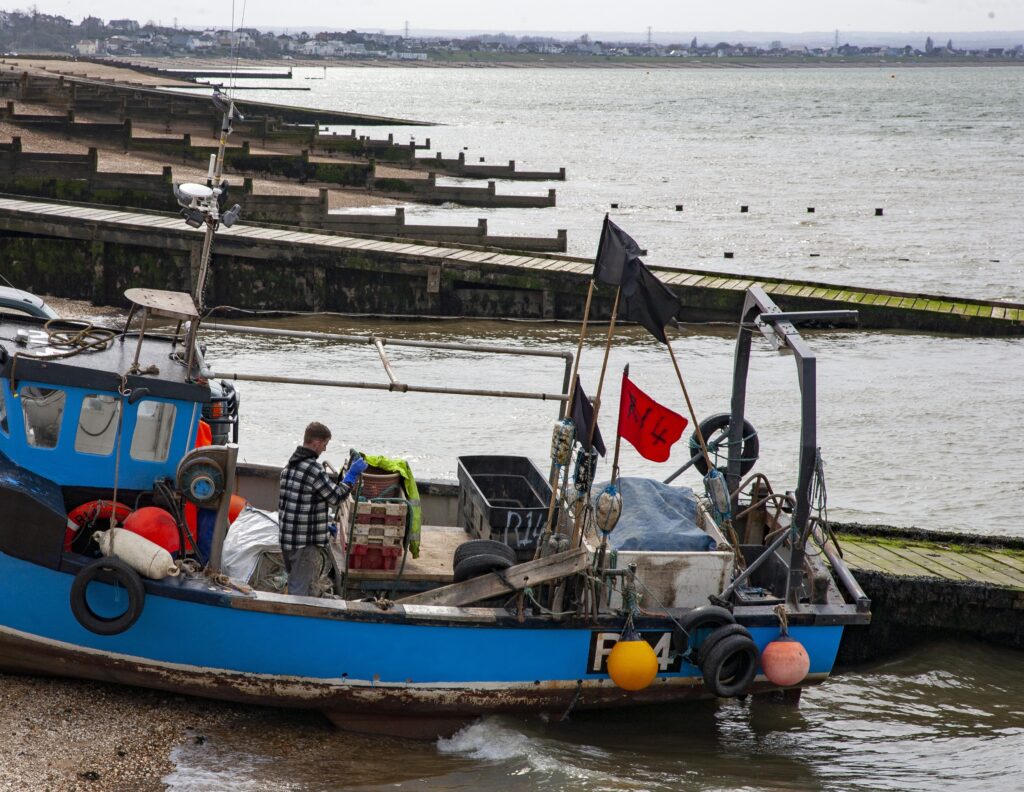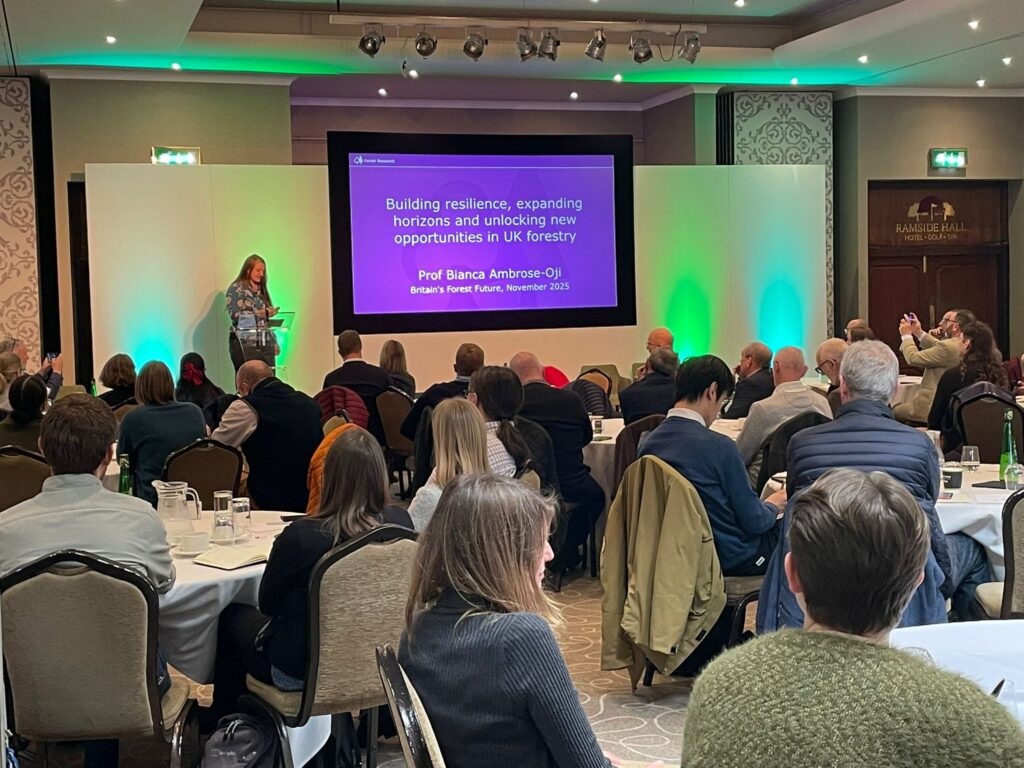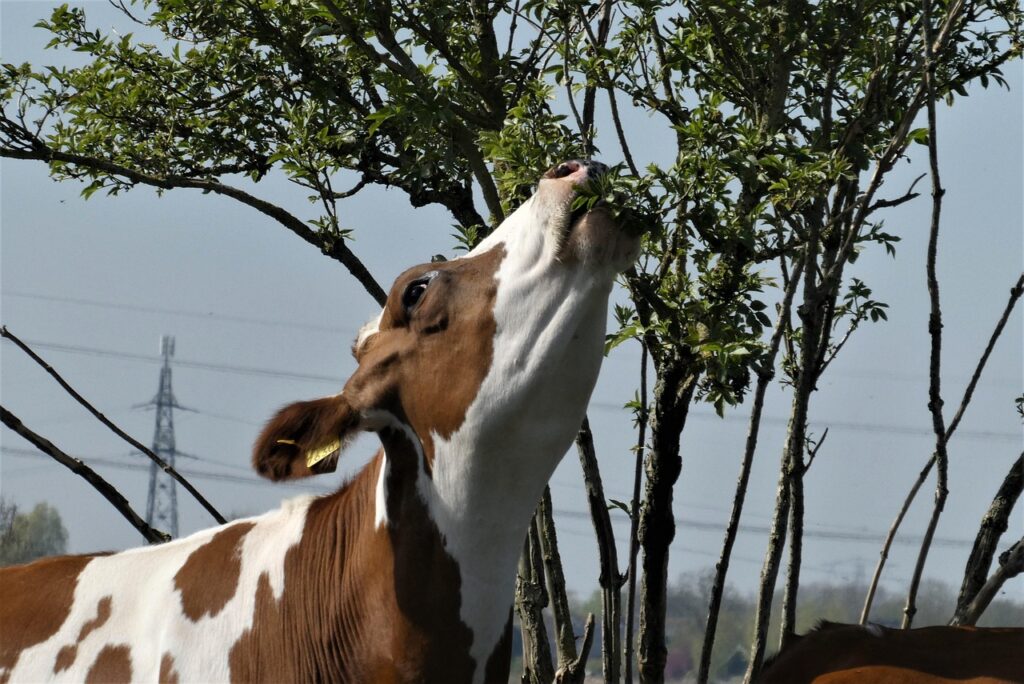This week, a new report from the Countryside and Community Research Institute (CCRI) reveals the significant hurdles rural households face in transitioning to low-carbon heating and electrification.
Why This Matters
Titled The Challenges for Rural Electrification, the study comes at a pivotal time as the UK moves toward its Net Zero goals. Electricity is increasingly central to heating, powering vehicles, and replacing fossil fuels—but rural communities face unique barriers in this transition.
Key Challenges for Rural Households
The study, commissioned by Rural England CIC and the National Innovation Centre for Rural Enterprise (NICRE), identifies five key themes:
- Disparate landscape: Fragmented policies and conflicting priorities leave residents without clear guidance.
- (Hidden) retrofit costs: Grants rarely cover the full expense of retrofitting rural homes.
- Trust and negative noise: Misinformation and past poor experiences create scepticism around green technology.
- Capacity and supply: Skills shortages and reliance on single technologies, like heat pumps, hinder adoption.
- Rural nuance: Geographic factors, ageing populations, and cultural preferences shape energy decisions.
The research found that while some rural households are early adopters, many others remain cautious due to concerns about cost, disruption, and reliability. Community focus groups highlighted the need for trustworthy advice, more flexible technology options beyond heat pumps, and localised solutions that build resilience. Furthermore, the report warns that without a more inclusive and flexible strategy, rural areas risk being “left behind” in the transition to cleaner heating. It recommends:
- Building trust through consistent, community-based engagement.
- Supporting locally tailored solutions, rather than a one-size-fits-all model.
- Addressing hidden costs through financial incentives and fairer green finance.
- Harnessing the enthusiasm of early adopters and community energy groups.
- Ensuring investment in skills and infrastructure to support rural delivery.
The study also highlights lessons from past infrastructure rollouts, such as broadband, where rural areas were slower to benefit and often experienced uneven provision.
Championing rural voices
The design of this study ensured that a mix of different perspectives and experiences were heard. CCRI researchers conducted focus groups with sector experts and rural householders, and in the case of the latter, worked with local rural groups and residents to ensure participation was open and inclusive. This resulted in the rural community leading much of the discussion in their focus group where it became a space to share insight and solutions, leading to richer and more meaningful data.
Dr Natasha Stonebridge, who led the research, said: “Meeting within the rural community allowed for some very open discussions which gave us unique insights into the attitudes towards electrification, including the perception that urban areas are prioritised for investment over rural ones.
“This research provides real world implications including the need to develop a language that incorporates the cultural capital of rural communities and not simply a change of utility.”
The full report can be read here.
The report featured on BBC Radio 4’s ‘Farming Today’ show on 30th September with the item commencing at 4min 50sec. The episode is available until October 28th.
CCRI researchers involved in the study and writing the report include Natasha Stonebridge, Kelli Nurm and Matt Reed. You can explore publications from these and other CCRI researchers on the University of Gloucestershire’s research repository.




